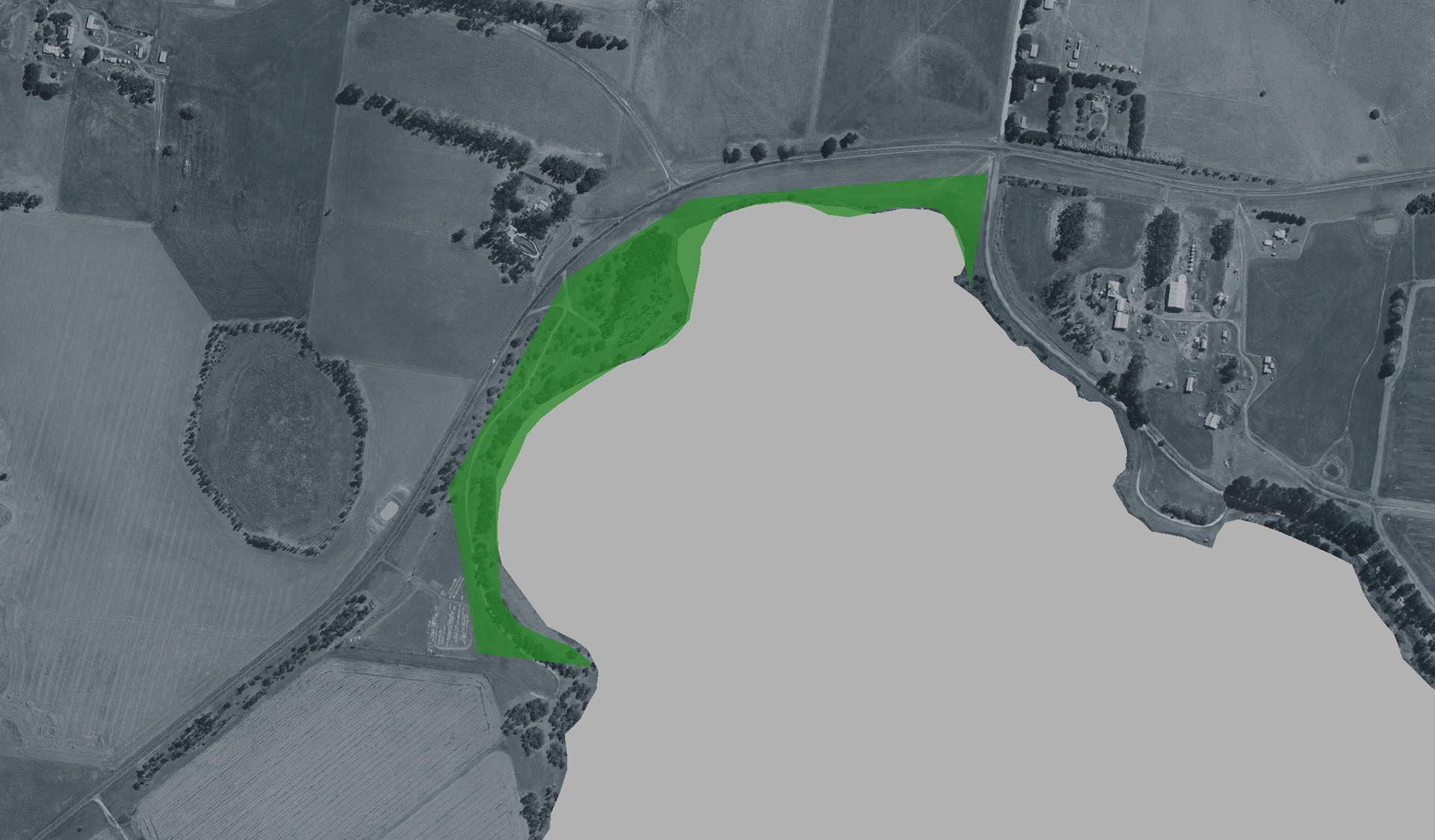Explore
Lake Bolac Highway Park
Volunteer
How to get there
Lake Bolac Highway Park
Need to know
Lake Bolac Highway Park
Safety in nature
You can benefit both mind and body when you get outdoors to explore and experience Victoria's natural places. Before you go, take a look at our safety tips and check our changed conditions and closures information for a great visit.
Accessibility
Visiting a park can be more of a challenge for people with disabilities, however, in Victoria there are a wide range of facilities to help people of all abilities enjoy our wonderful parks around the state. Parks Victoria provides a range of a equipment, including all-terrain and beach wheelchairs, facilities, accommodation and accessibility information and programs to help you plan and enjoy your visit to Victoria's parks.
Assistance dogs are welcome in Parks Victoria parks and reserves. Entry requirements apply for parks and reserves that are usually dog prohibited, such as national parks.
Change of Conditions
Nature being nature, sometimes conditions can change at short notice. It’s a good idea to check this page ahead of your visit for any updates.
-
Notices Affecting Multiple Sites
Blue Green Algae - Lake Bolac
Parks Victoria has announced that a blue-green algae bloom is currently affecting Lake Bolac, in western Victoria.
Warning signs will be installed at the lake and the public is warned not to swim in and to avoid any direct contact with the affected water.Direct contact with blue-green algae can cause allergic reactions such as skin rashes or itchiness; sore eyes ears and nose or if swallowed gastroenteritis, nausea or vomiting.People who come into contact with contaminated water should wash immediately in fresh water, and seek medical advice if experiencing illness.Any fish harvested from blue-green algae affected water should have gills and guts removed prior to cooking. People should not eat whole fish, shellfish or crustaceans collected from Lake Bolac. The type of algae affecting Lake Bolac produces toxins that can concentrate in shellfish and crustaceans, and accumulate in the liver and internal organs of fish. Ingesting blue-green algae toxins can lead to serious illness.Water from the affected water body should not be used for drinking, cooking or other domestic uses. Boiling the affected water will not make it safe for use.For any health issues experienced after contact with blue-green algae affected water please seek medical advice immediately.Irrigators are encouraged to take extra care to avoid spray drift, the pooling of water and inhaling mist from blue-green algae affected water. Affected water should not be sprayed onto leafy vegetables or florets, or allowed to flood pastures.Pet owners should prevent pets from drinking or having direct contact with contaminated water.Visitors to the area are advised that they can still enjoy other recreational activities such as bushwalking, boating and sightseeing around the water body.Members of the public are asked to report any potential blue-green algae blooms to their local water manager.Parks Victoria will continue to monitor conditions and will remove signage once the lake is safe for use.More information about blue-green algae is available from Department of Health and Human Services: https://www2.health.vic.gov.au/public-health/water/blue-green-algae-cyanobacteria
How we keep it special
More people are connecting with Victoria’s natural and cultural landscapes than ever before, which is why Parks Victoria supports healthy and resilient parks for current and future generations.
Parks Victoria is responding to climate change, extreme weather events, human impacts, previous land management practices, invasive species and the changing distribution of plants and animals that is challenging park management and conservation efforts.
Working with Traditional Owners, partners, communities and individuals, Parks Victoria is investing in nature’s future through joint management, projects to enrich visitor experiences and programs to protect habitats and cultural heritage.


